Stella Audrey | English and Art History Student "With freedom, books, flowers, and the moon, who could not be happy?" - Oscar Wilde I post art over at The Impossible Artist You can also find me on Instagram: @abook_is_agarden
Don't wanna be here? Send us removal request.
Text

The Pride of the Village
Artist: Henry Peters Gray (American, 1819–1877)
Date: 1858-1859
Medium: Oil on canvas
Collection: Metropolitan Museum of Art, New York City, NY, United States
Description
This picture, based on Washington Irving’s sentimental story of the same name, concerns a beautiful and simple country lass, indeed the pride of the village, who fell in love with an army officer. When he was transferred to another post and asked that she accompany him, her virtuous mind was so stricken by this indecorous suggestion that she pined away, surrounded by her devoted family. Here we see her in her decline, possibly “thinking of her faithless lover? - or were her thoughts wandering to that distant churchyard, into whose bosom she might soon be gathered?”
18 notes
·
View notes
Text
"How mad and monstrous it all seemed! Could it be that written on his hand, in characters that he could not read himself, but that another could decipher, was some fearful secret of sin, some blood-red sign of crime? Was there no escape possible? Were we no better than chessmen, moved by an unseen power, vessels the potter fashions at his fancy, for honour or for shame? His reason revolted against it, and yet he felt that some tragedy was hanging over him, and that he had been suddenly called upon to bear an intolerable burden. Actors are so fortunate. They can choose whether they will appear in tragedy or in comedy, whether they will suffer or make merry, laugh or shed tears. But in real life it is different. Most men and women are forced to perform parts for which they have no qualifications. Our Guildensterns play Hamlet for us, and our Hamlets have to jest like Prince Hal. The world is a stage, but the play is badly cast."
- Oscar Wilde, “Lord Arthur Savile’s Crime”
#Lord Arthur Savile’s Crime#Oscar Wilde#Quote#Short Story#Literature#Aestheticism#Victorian Era#19th Century#Irish
3 notes
·
View notes
Text
“And yet, […] if I was strong enough, and patient enough… […] …I know what kind of life I’d have. I wouldn’t make an experiment out of my life: I would be the experiment of my life. Yes, I know what passion would fill me with all its power. Before, I was too young. I got in the way. Now I know that acting and loving and suffering is living, of course, but it’s living only in so far as you can be transparent and accept your fate, like the unique reflection of a rainbow of joys and passions which is the me for everyone.”
- Albert Camus, “A Happy Death”
49 notes
·
View notes
Text
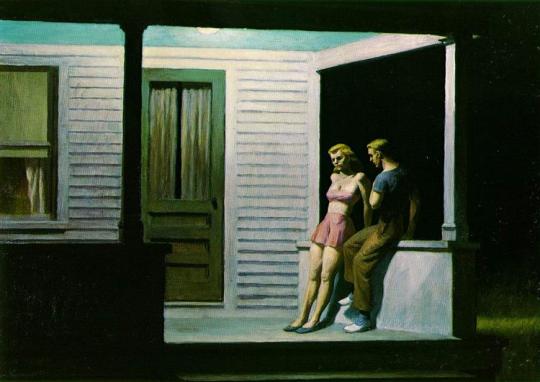
Summer Evening, Edward Hopper, 1947
5K notes
·
View notes
Text
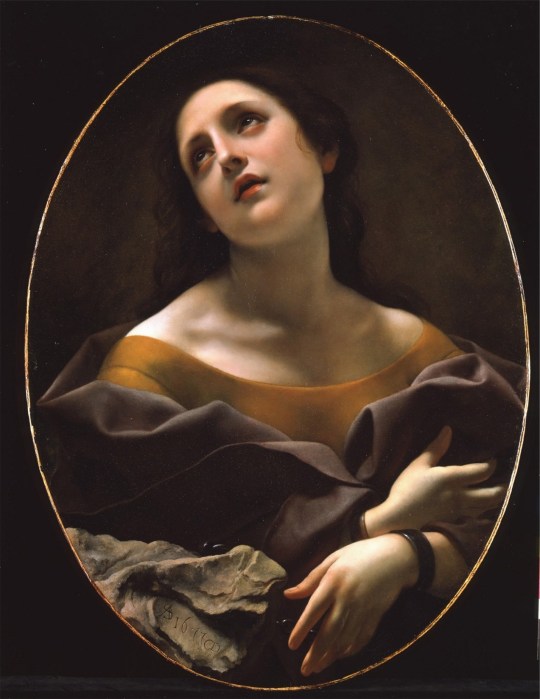
Carlo Dolci (Italian, 1616-1677) An Allegory of Patience • 1677 • Carlo Orsi Antichità
2K notes
·
View notes
Text
“Beauty has as many meanings as man has moods. Beauty is the symbol of symbols. Beauty reveals everything, because it expresses nothing. When it shows us itself, it shows us the whole fiery-coloured world.”
- Oscar Wilde, “The Critic As Artist”
#The Critic As Artist#Oscar Wilde#Quote#Essay#Literature#Aestheticism#Victorian Era#19th Century#Irish
51 notes
·
View notes
Text
youtube
please i need you to watch this deadpan german linguistics professor making an incredibly catchy nerd pop song and dancing it's been stuck in my head all day
#😂😂 this is my lecturer and I took part in this#seeing it pop up on tumblr is a bit of a jumpscare albeit a welcome one 😂#what a legend
755 notes
·
View notes
Text
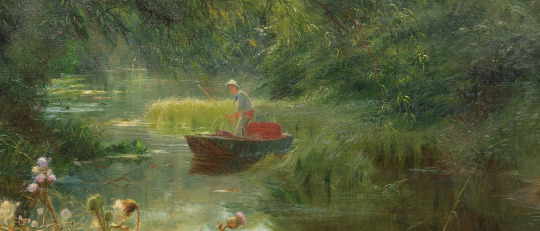

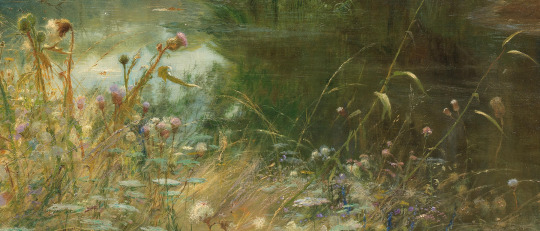
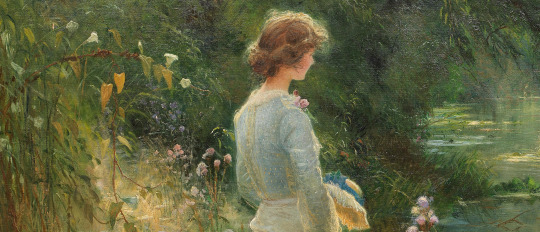
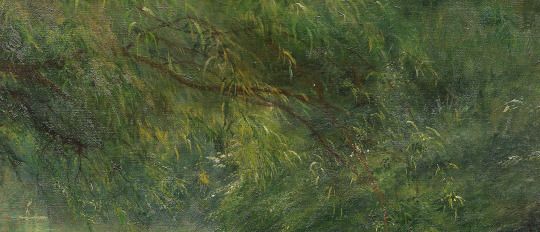

Details: The Backwater, Charles William Wyllie
14K notes
·
View notes
Text
“Really, this world of ours, the scheme of things as they call it, is quite intolerable. That’s why I want the moon, or happiness, or eternal life — something, in fact, that may sound crazy, but which isn’t of this world.”
- Albert Camus, “Caligula”
63 notes
·
View notes
Photo
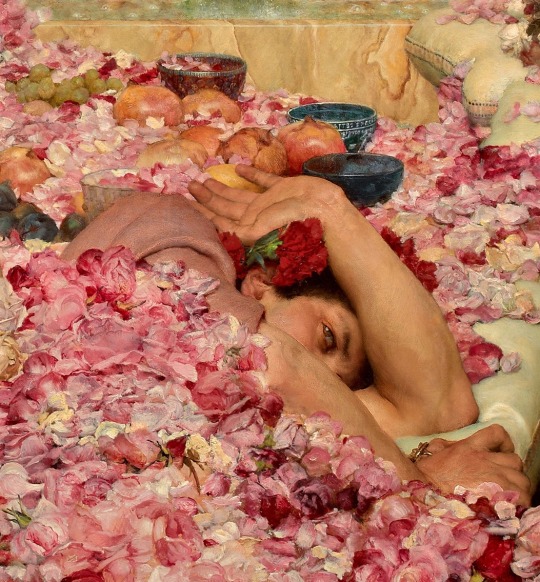


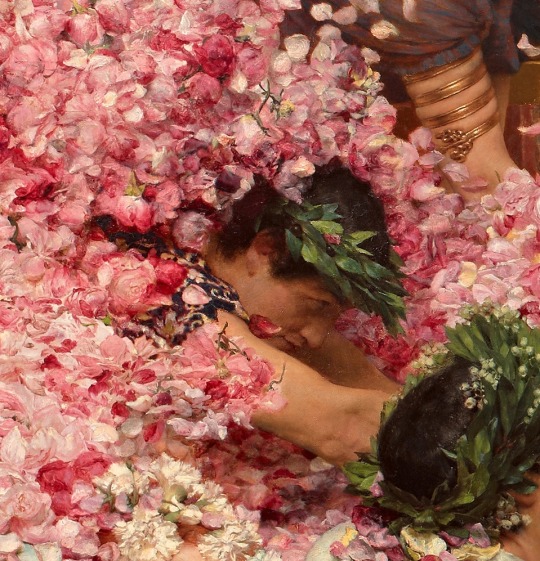
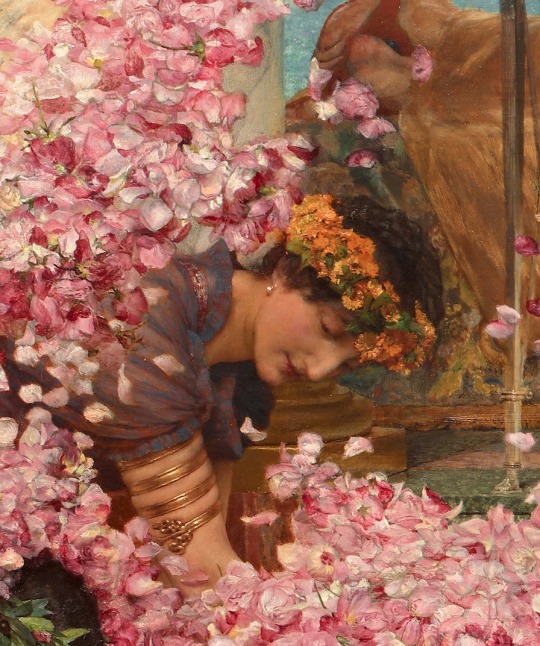
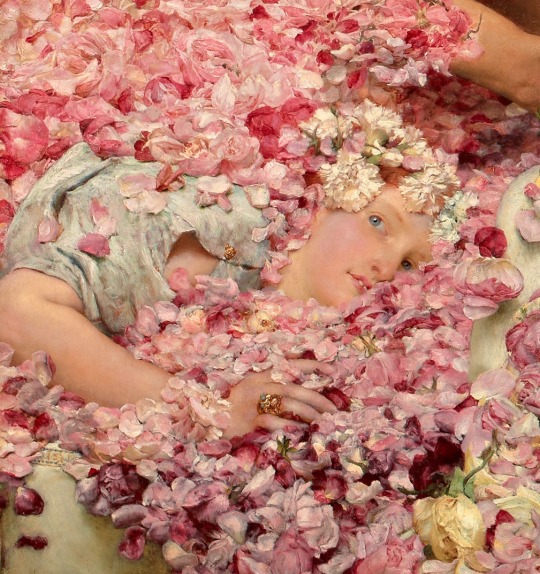
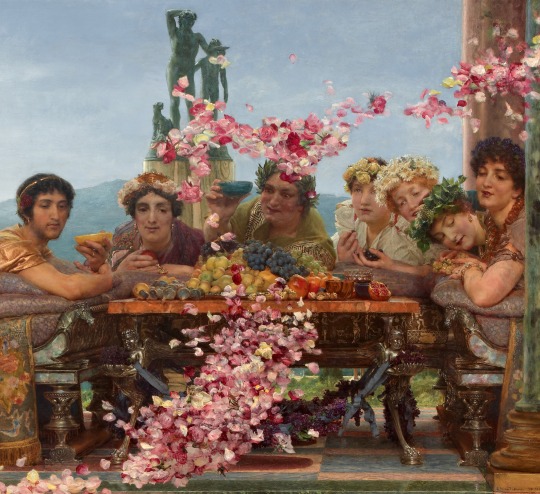
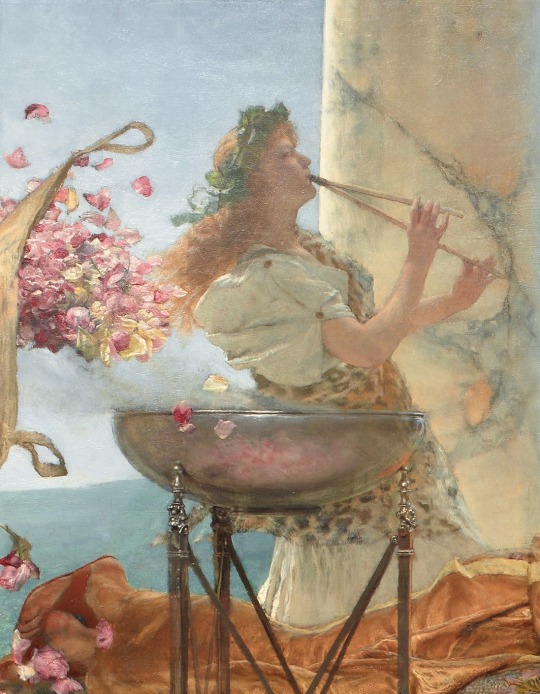
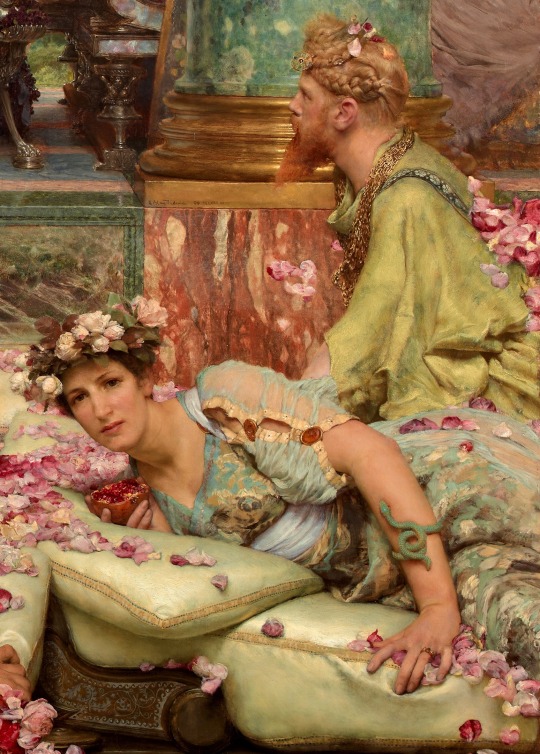
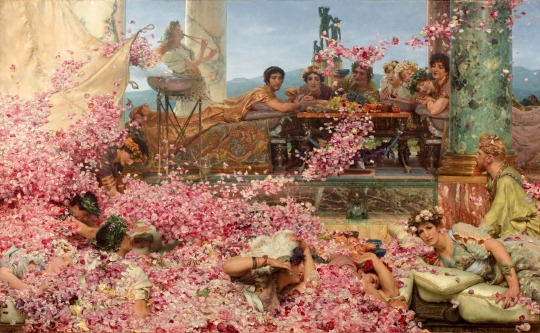
The Roses of Heliogabalus, 1888 - oil on canvas. — Sir Lawrence Alma-Tadema (Dutch, 1836-1912)
9K notes
·
View notes
Text
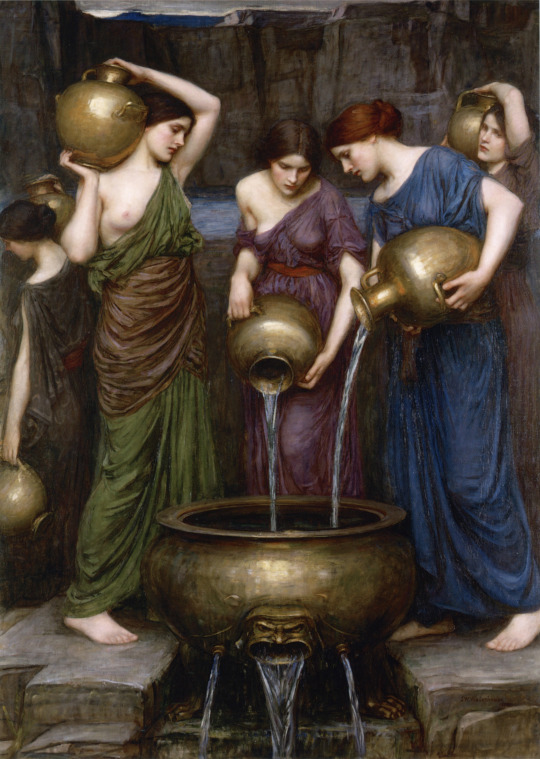
The Danaides by John William Waterhouse (1903)
6K notes
·
View notes
Text
“Greatness is a transitory experience. It is never consistent. It depends in part upon the myth-making imagination of humankind. The person who experiences greatness must have a feeling for the myth he is in. He must reflect what is projected upon him. And he must have a strong sense of the sardonic. This is what uncouples him from belief in his own pretensions. The sardonic is all that permits him to move within himself. Without this quality, even occasional greatness will destroy a man.”
— Frank Herbert, “Dune”
33 notes
·
View notes
Text








Plein Soleil (1960)
“I am not a star. I am an actor. I have been fighting for years to make people forget that I am just a pretty boy with a beautiful face. It's a hard fight, but I will win it. I want the public to realize that above all I am an actor, a very professional one who loves every minute of being in front of the camera. But one who becomes very miserable the instant the director shouts, 'Cut!”
- Alain Delon
377 notes
·
View notes
Text
“Beauty has as many meanings as man has moods. Beauty is the symbol of symbols. Beauty reveals everything, because it expresses nothing. When it shows us itself, it shows us the whole fiery-coloured world.”
- Oscar Wilde, “The Critic As Artist”
#The Critic As Artist#Oscar Wilde#Quote#Essay#Literature#Aestheticism#Victorian Era#19th Century#Irish
51 notes
·
View notes
Text

The Death of Cleopatra, 1890
John Collier
5K notes
·
View notes












